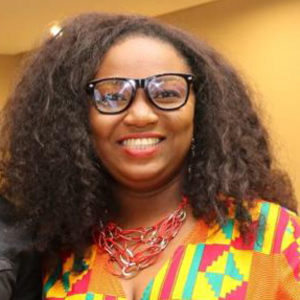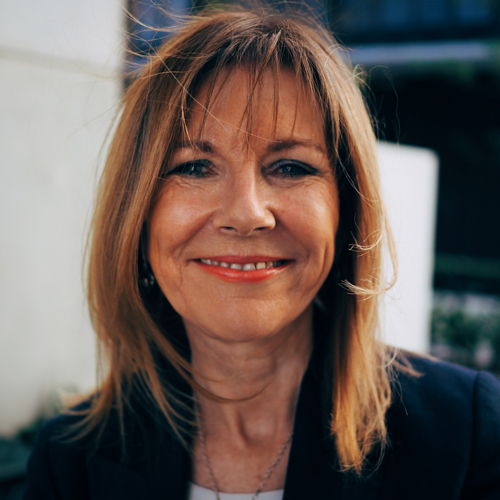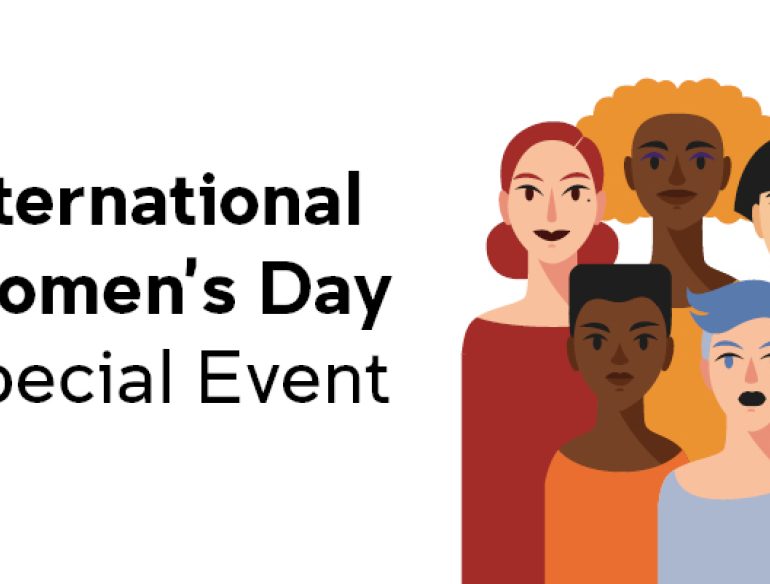Location:
Online event
Cost
Free - registrations are essential. Please register on the booking link below.
Contact for enquiries
Rata Joseph, +61 (2) 9385 0900 or info@kirby.unsw.edu.au
Booking
https://ki-iwd22.eventbrite.com.au/
Achieving gender equity in sexual health outcomes is crucial to empower all people to have healthy, enjoyable, and safe sexual lives. There are a range of impactful, innovative and community-driven initiatives that are aimed at overcoming stigma, discrimination and power imbalances to enhance the sexual health of women.
This International Women’s Day, the Kirby Institute is bringing together a group of health experts to speak about their work to improve sexual health among diverse groups of women, and to reflect on how we can leverage this work to bring us closer to equitable sexual health and wellbeing.
Chair
Dr Bridget Haire
Senior Research Fellow, Kirby Institute and Associate, Australian Human Rights Institute
Speakers
 |
Dr Blessing Akombi-Inyang Blessing is an emerging early career researcher in global health specialising in maternal, adolescent and child health, including childhood under-nutrition and the double burden of malnutrition among vulnerable subpopulations including migrants. Her research provides evidence for community-based interventions to improve health outcomes among vulnerable sub-populations, particularly in developing countries and low resource-settings as well as among migrant populations. She has successfully translated her research into practice and has led community-based initiatives in sub-Saharan Africa aimed at scaling up the uptake of evidence-based interventions for improving health outcomes. Blessing is the Post-Graduate Coordinator for the Professional Doctorate (DrPH) program in the Faculty of Medicine and Health, University of New South Wales (UNSW), Australia. She also convenes courses in Global Health within the School of Population Health, UNSW. Blessing has a growing interest in migrant health within Australia particularly in the aspects of nutrition and lifestyle transition post-migration. |
|
 |
||
 |
Dr Deborah Bateson Deborah is Medical Director of Family Planning New South Wales and has worked as a clinician, educator, researcher and advocate in sexual and reproductive health and rights for almost 20 years. Deborah holds honorary positions as Adjunct Professor at the Centre for Social Research in Health at UNSW Sydney and Clinical Associate Professor in the Discipline of Obstetrics, Gynaecology and Neonatology at The University of Sydney. Deborah’s work focusses on equitable access to high quality contraception and safe abortion care, STI prevention, and cervical cancer prevention in Australia and internationally. She provides frequent commentary to the media on a range of sexual and reproductive health issues and is a past Chair of the Australasian Sexual Health Alliance. |
|
 |
||
 |
Associate Professor Julie Mooney-Summers Julie’s research focuses on the health of sexuality and gender diverse people (primarily related to tobacco, alcohol and other substance use). With ACON and Dr Rachel Deacon, she leads the longest running periodic survey of lesbian, bisexual and queer women’s health (SWASH). |
#IWD2022 | Learn more about International Women's Day
Opinions expressed in the Kirby Institute Seminar Series are solely those of the speaker and do not necessarily represent the views or opinions of the Kirby Institute or UNSW.
